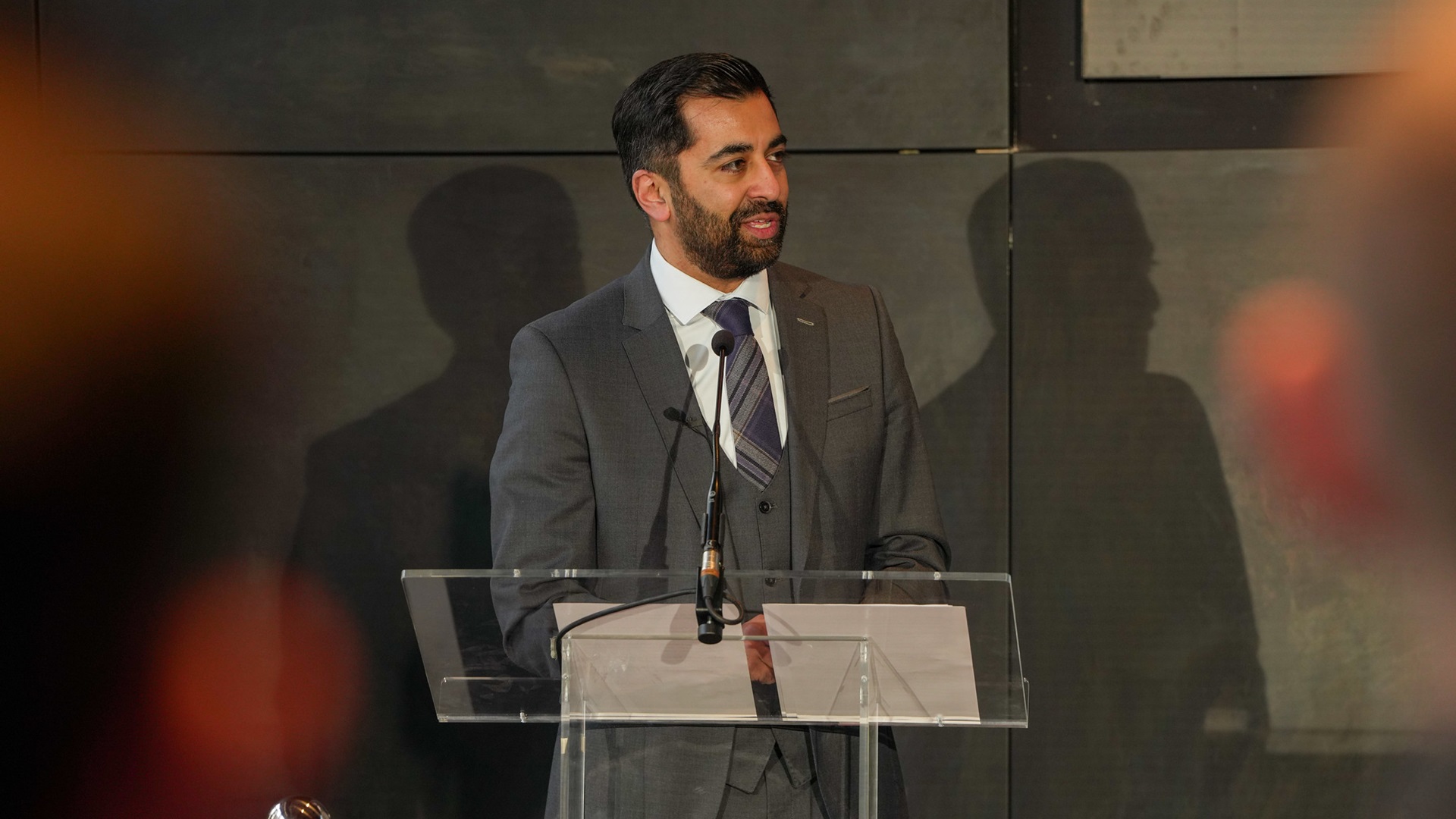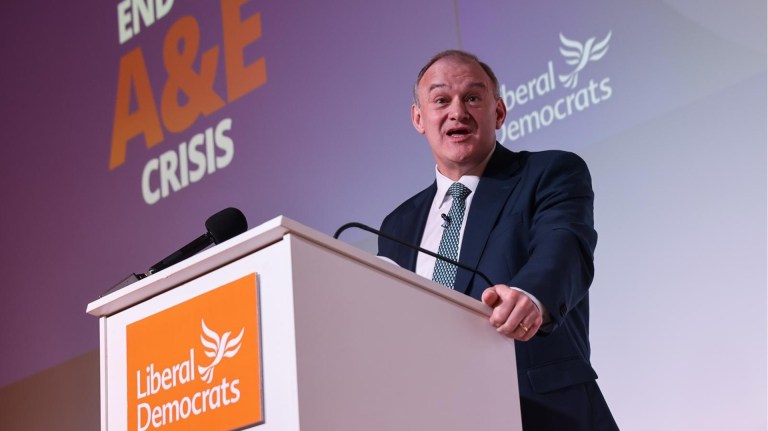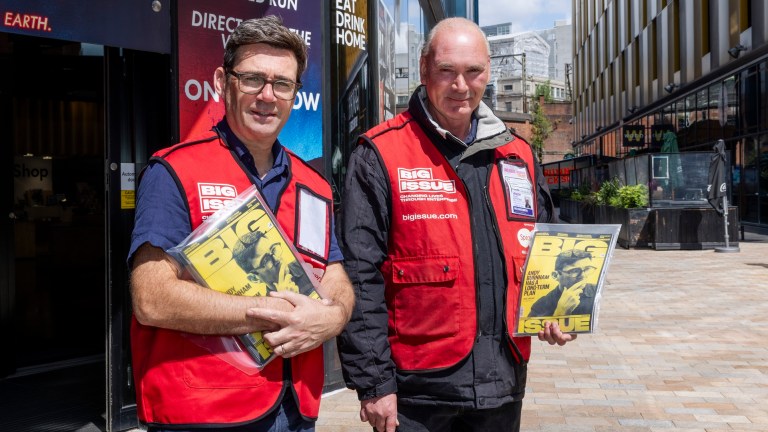“If the SNP wants the backing of tenants they will keep their commitment to renters and the policies that we need.
“Tenants across Scotland are desperate for rent controls. Our politicians need to make sure that the rent controls that are passed into law bring down rents, improve quality and are tied to the property not the tenancy as well as greater protections against evictions.”
The SNP has long spoken out on plans to introduce rent controls. This is at odds with the approach taken in Westminster – in last week’s Renters Reform Bill debate, levelling up minister Jacob Young confirmed the Tories remain against rent controls.
Scottish leaders introduced measures to cap rents during the cost of living crisis. Former first minister Nicola Sturgeon announced a freeze on rents and evictions in September 2022 and measures stayed in place in some form until the end of March 2024.
Despite that intervention, the average private rent in Scotland has increased, driven by a surge in new tenancies which were not subject to the cost of living measures.
The average rent in Scotland is £947, up 10.5% in the year up to March 2024, according to the Office for National Statistics. That’s a higher annual rise than anywhere else in the UK outside London.
Advertising helps fund Big Issue’s mission to end poverty
At least four councils have also raised the alarm over the housing crisis in that time too with local authorities including Glasgow and Edinburgh declaring a housing emergency.
The policy of rent controls has also faced opposition from landlords and property agents who could stand to lose out on rental income.
Timothy Douglas, head of policy and campaigns of property agent body Propertymark, said the changing political situation in Scotland is time for “a rethink” on rent controls.
“This must be taken as an opportunity to reset and rethink key housing policy at a time when rents are rising, there is uncertainty for agents and their landlords, local authorities are declaring housing emergencies and there is not enough property for people to rent across Scotland,” said Douglas.
“The cost of living legislation that introduced rent caps has damaged investment in Scotland, reduced available property to rent and caused rents to rise. We urge the first minister to take this opportunity to rethink future plans for rent control and introduce measures that increase the supply of homes across Scotland that will ultimately make renting and buying a home more affordable.”
Why did Humza Yousaf resign?
Humza Yousaf’s position became untenable after he abruptly announced the end of the Bute House Agreement on 25 April.
Advertising helps fund Big Issue’s mission to end poverty
The power-sharing agreement with the Scottish Greens was signed in August 2021 after the SNP failed to secure a majority in the Holyrood elections that year.
The agreement saw Scottish Greens co-leaders Patrick Harvie and Lorna Slater join government, bolstering pro-Scottish independence support in power.
But partnership began to unravel in recent months and hit breaking point when Scotland’s pledge to cut carbon emissions by 75% in time for 2030 was axed.
Yousaf, who was racially abused while selling the Big Issue a decade ago, unceremoniously ripped up the Bute House Agreement last week and came under pressure ever since. He was facing the prospect of two no-confidence votes this week from opposition parties.
The SNP’s political dominance over the last few decades made it look like rent controls were a certainty in the long-term. But Yousaf’s resignation is the latest blow to a party which has seen popularity erode over a police investigation into its finances.
Members of the Scottish parliament now have 28 days to find a new first minister or there will be an election.
Advertising helps fund Big Issue’s mission to end poverty
Do you have a story to tell or opinions to share about this? We want to hear from you. Get in touch and tell us more.









